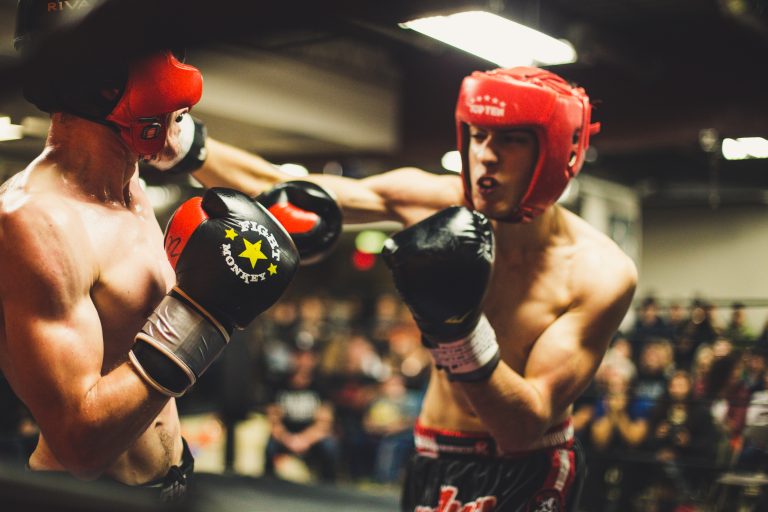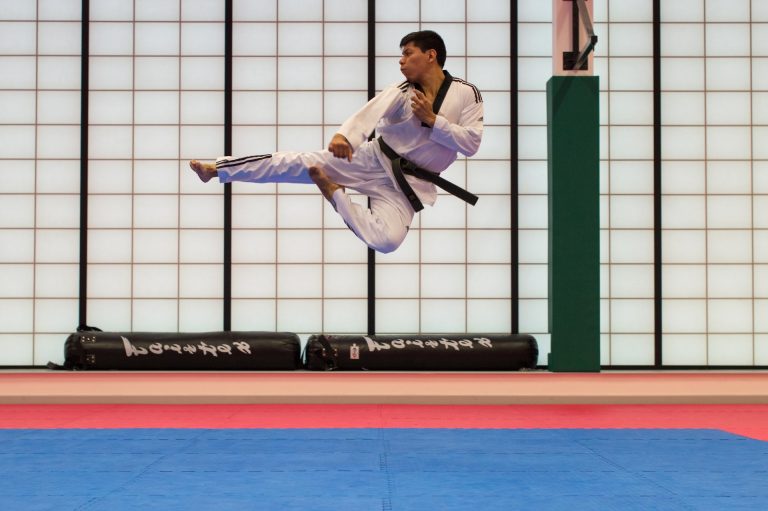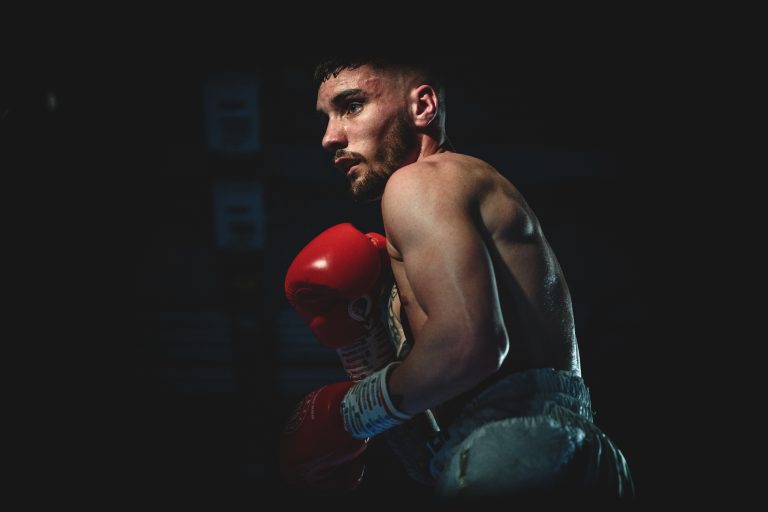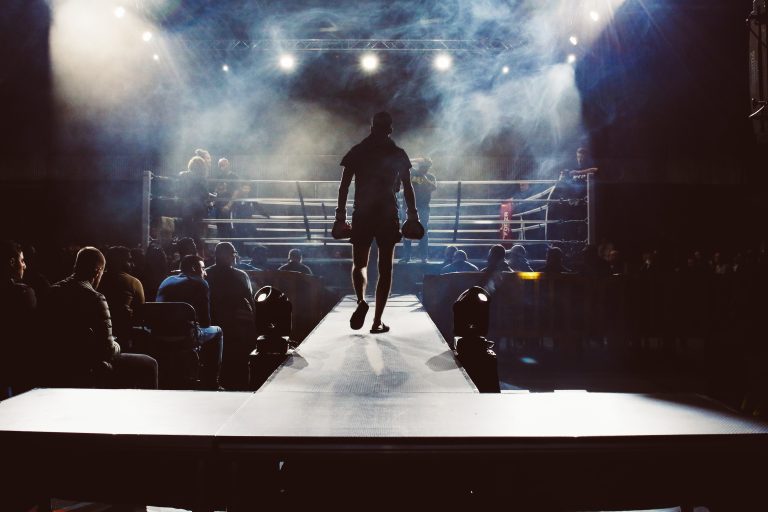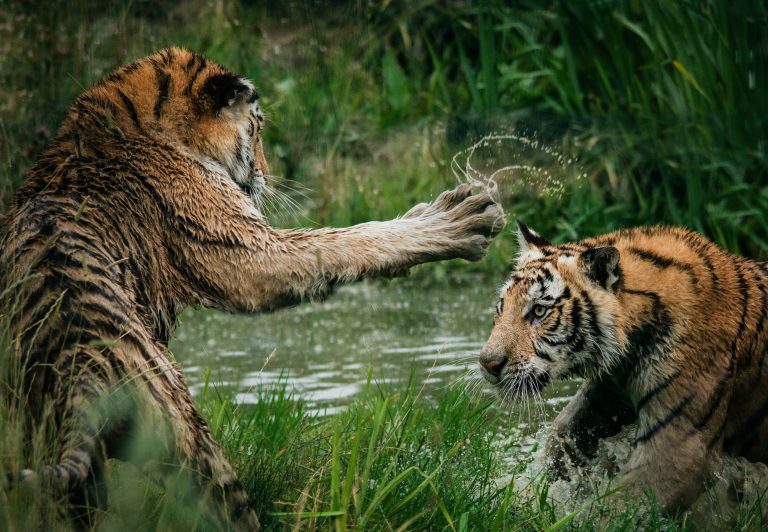Can You Learn Karate in Old Age?
Karate is a martial art that originated in Japan in the 20th century. It is a form of self-defense that involves a variety of techniques such as punches, kicks, and strikes. While karate is typically associated with younger individuals, many people wonder if it’s possible to learn karate in old age. In this blog post, we’ll explore whether or not it’s feasible to learn karate as a senior citizen.
Physical Limitations and Challenges
The physical limitations of individuals in their old age can make certain movements and techniques challenging. For instance, seniors may have difficulty executing high kicks that require a certain level of flexibility in their legs. In addition, some seniors may have challenges with maintaining balance and may be at greater risk of falls or injuries.
However, with proper guidance and instruction, these challenges can be managed effectively. Karate teachers can modify movements and techniques based on the student’s physical limitations and gradually increase the level of difficulty as the individual progresses.
The Benefits of Learning Karate as a Senior Citizen
While one may perceive karate to be a physically intense form of martial arts, the training can have various benefits for seniors. In fact, the benefits can be reflective of the student’s age group.
- Improved balance: Karate training includes exercises that can help seniors improve their balance and coordination, reducing the risk of falls and injuries.
- Enhanced physical fitness: Karate training can help seniors build lean muscle mass, improve their cardiovascular endurance, and overall improving their health and energy levels.
- Boosted self-confidence and mental health: Learning a new skill and training in karate can boost self-esteem and confidence. It can also decrease depression, stress, and anxiety, leading to a happier and healthier lifestyle.
Conclusion
Old age doesn’t have to mean giving up on physical activities such as karate. Learning karate as a senior citizen has numerous physical and mental benefits that can help seniors maintain their physical and cognitive health as they age.
Similar to any physical activity, it’s essential to consult with a medical physician before starting a new exercise. Seniors looking to learn karate should also seek out reputable karate training centers or instructors to ensure they receive proper guidance and instruction that caters to their specific needs and physical limitations.
Can You Learn Karate in Old Age?
Karate is a traditional Japanese martial art that involves various techniques such as punching, kicking, and striking. Karate is not only a sport but also a way of life, with its values and philosophy. Many people wonder if it’s possible to learn karate in old age. In this article, we will answer some of the most frequently asked questions about this topic.
What is Old Age?
Old age is a subjective term that means different things to different people. Generally, old age refers to the later stages of life characterized by physical, psychological and social changes. Some people consider 60 as old age, while others believe that old age starts after 70.
Is it Possible To Learn Karate in Old Age?
Yes, it is possible to learn karate in old age. Learning karate involves two aspects: physical and mental. Although you may not be as agile or flexible as you were in your younger days, it’s still possible to learn the techniques with the right training, dedication, and mindset. Furthermore, karate has various benefits, including increasing physical fitness, improving mental health, and building self-defense skills. So, it’s never too late to start learning karate.
What Are The Benefits of Learning Karate in Old Age?
There are several benefits of learning karate in old age. Some of them are:
Physical Benefits
Karate involves various physical movements such as punching, kicking, and striking, which can help improve your cardiovascular health, muscular strength, and flexibility. Additionally, karate training can help reduce the risk of age-related diseases such as osteoporosis.
Mental Benefits
Karate training involves discipline, focus, and concentration, which can help improve your mental health. Moreover, it can help reduce stress, anxiety, and depression. Karate training can also improve cognitive function and memory.
Social Benefits
Learning karate in old age can provide an opportunity to meet new people, make friends, and establish social connections. Karate training can also help build confidence and self-esteem.
What Are The Challenges of Learning Karate in Old Age?
Learning karate in old age can be challenging, but with the right mindset and approach, it’s possible to overcome these challenges. Some of the common challenges faced by older adults include:
Physical Limitations
Older adults may have physical limitations such as reduced flexibility, mobility, and strength. However, with the right training, modifications, and adaptations, it’s still possible to learn karate.
Slow Progression
Older adults may take longer to learn karate techniques due to the natural aging process. However, this should not discourage you from pursuing your goal. Progress at your own pace, and don’t compare yourself to others.
Increased Risk of Injury
Older adults may have an increased risk of injury, such as falls or fractures. However, with the right training methods and precautions, the risk of injury can be minimized.
How To Get Started with Karate Training in Old Age?
If you’re interested in learning karate in old age, here are some steps to get started:
Consult your physician
Before starting any physical activity, it’s essential to consult your physician. Your physician can assess your physical condition and help determine if karate is suitable for you.
Find a reputable karate school
Look for a reputable karate school that specializes in teaching older adults. Ensure that the karate school has experienced instructors who can modify the training to suit your needs.
Start Slowly and Gradually Increase Intensity
Start with basic movements and gradually increase the intensity and duration of your training. Don’t push yourself too hard and always listen to your body.
Focus on Technique Rather Than Speed or Power
As an older adult, it’s crucial to focus on proper technique rather than speed or power. The correct technique can help reduce the risk of injury and help you learn karate more effectively.
Be Patient and Persistent
Learning karate requires patience, persistence and a positive mindset. Don’t give up, even if progress seems slow. With determination, you can achieve your goal of learning karate.
Conclusion
In conclusion, it’s possible to learn karate in old age. Learning karate can provide physical, mental and social benefits. Although learning karate in old age can be challenging, with the right mindset and approach, anyone can learn karate. If you’re interested in learning karate, consult your physician, find a reputable karate school, start slowly, and be patient and persistent.
Inhaltsverzeichnis


